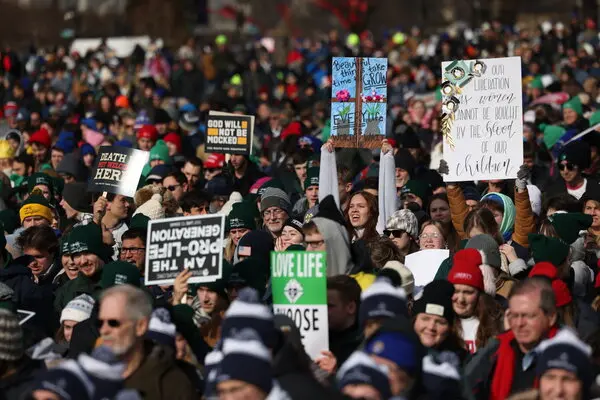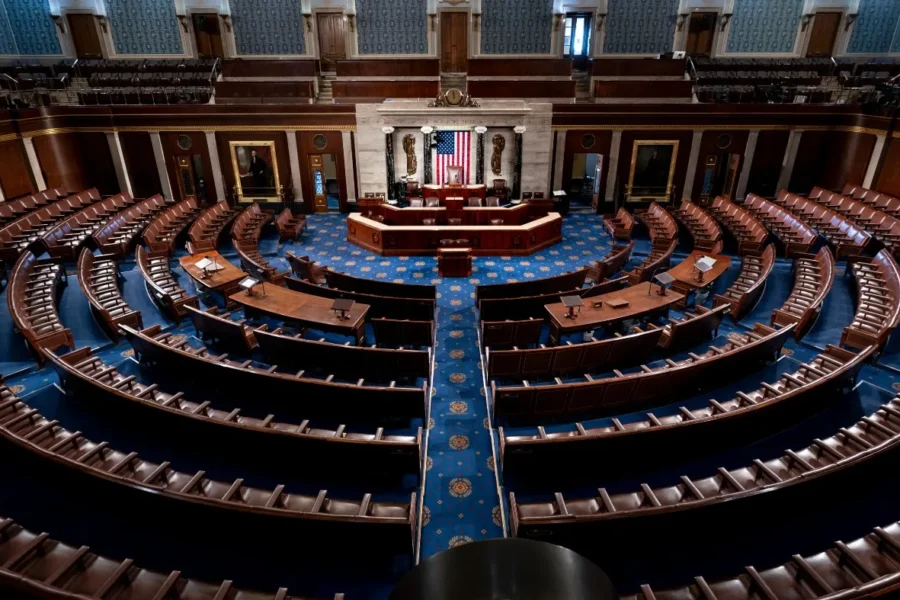Welcome to Americans United for Life’s Kavanaugh Column! Every weekday from Judge Brett Kavanaugh’s nomination to the U.S. Supreme Court until his confirmation, we will be analyzing and highlighting aspects of his judicial philosophy, his legal opinions, and his other writings and statements.
For this first Kavanaugh Column, we will address the critical fundamentals of the confirmation process. Judge Kavanaugh, like any nominee, should be evaluated based on his public record; that is what we will examine and share with you throughout this process. Unfortunately, however, much of the criticism in the coming days will likely distract from his judicial record, and many commentators will wrongly assume that judges are merely supreme legislators. Therefore we will also be writing on our government, our Constitution, and the proper role of judges in order to help combat these false assumptions.
Among his accomplishments, Judge Kavanaugh earned his J.D. at Yale, clerked for Justice Anthony Kennedy and on two U.S. Courts of Appeals, and has served on the U.S. Court of Appeals for the D.C. Circuit since 2006. This alone is a significant credential; the D.C. Circuit is often called the second most important court in the country because it deals with fundamental legal issues involving the federal government and the three branches, federal statutes, and administrative law – the law of the federal agencies that have increasingly impacted the life of every citizen.
A long line of Supreme Court Justices were formerly judges on the D.C. Circuit, including Chief Justice John Roberts, Justice Clarence Thomas, Justice Ruth Bader Ginsburg, Justice Antonin Scalia, and Justice Warren Burger. And Judge Merrick Garland, nominated to the Supreme Court by President Obama in 2016, is now Chief Judge of the D.C. Circuit.
During Judge Kavanaugh’s twelve years on the D.C. Circuit, he has written nearly 300 opinions, addressing federal and constitutional issues that have prepared him to do the work of a Supreme Court Justice.
Although most of his cases do not directly address the protection of human life, he has ruled on the Affordable Care Act and the HHS mandate. And many of his cases do involve the power and the limits of government, the role of judges, and the nature of our Constitution.
Understanding these well is necessary to determine the proper role of government and how it can effectively protect human life as we face the medical, technological, and bioethical issues of the future.




